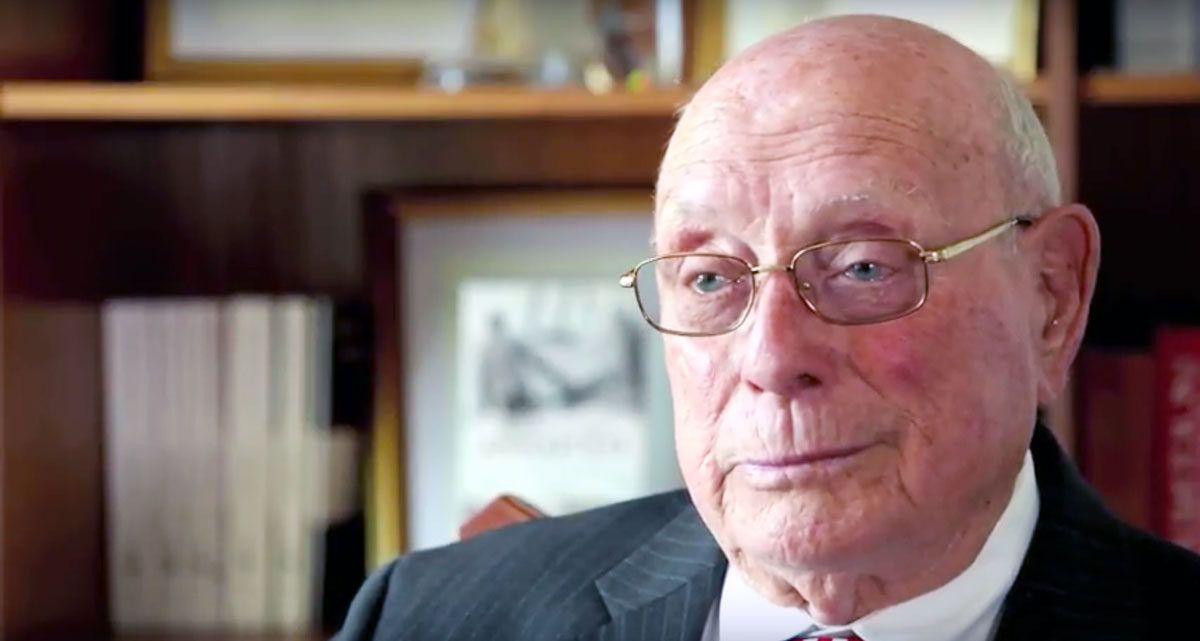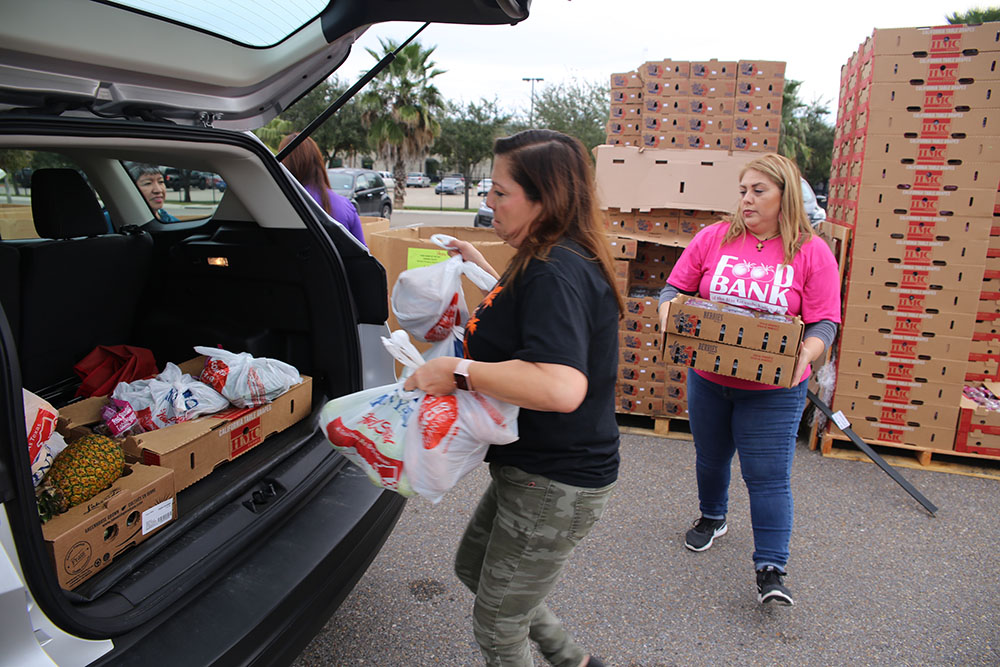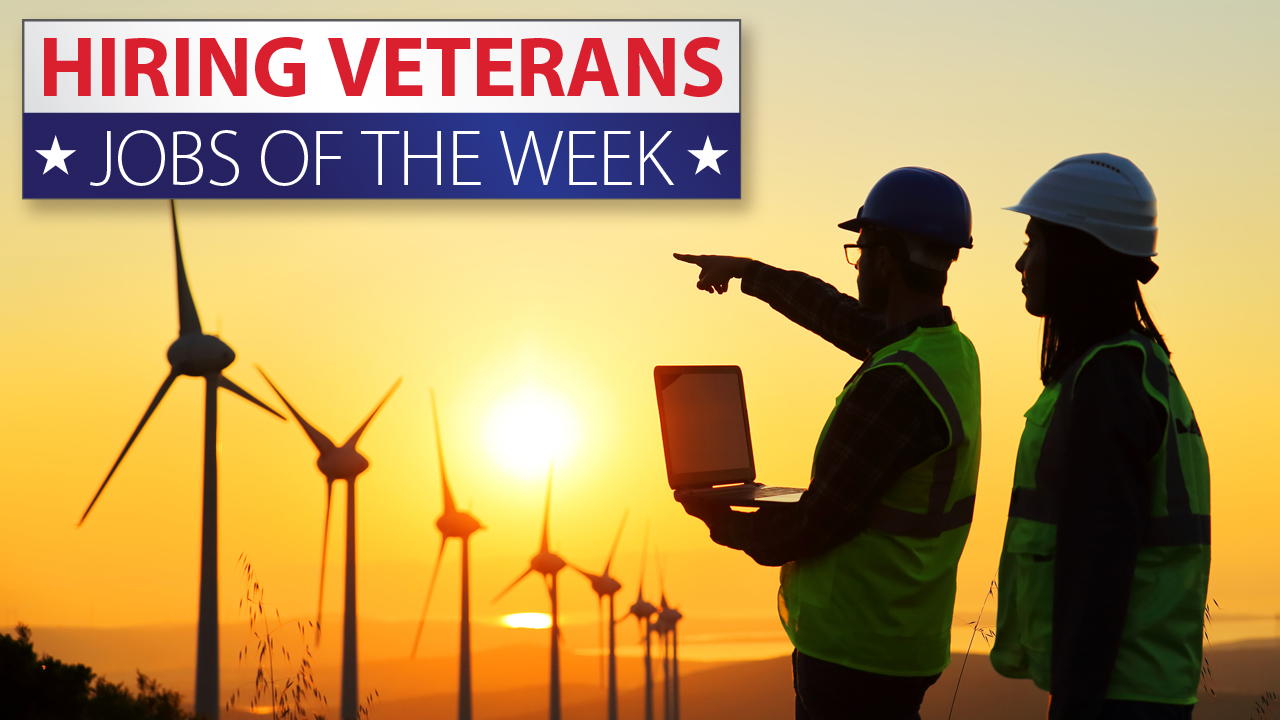Hershel “Woody” Williams does not remember most of the Battle of Iwo Jima. After he took out the first pillbox, he does not remember how he returned to his station five more times over a period of four hours to retrieve serviced flamethrowers and continued to take out pillbox after pillbox. For those actions, Williams would be awarded the Medal of Honor.
“Much of that day is just absolutely blank. There are other things that are so vivid that I’ve never been able to get them out of there,” said Williams as he sat in a corner office at the VA central office in Washington, D.C. The window overlooked the White House and the Washington Monument, where 70 years earlier he stood on the South Lawn while President Harry Truman placed the Medal around his neck.
Williams grew up on a dairy farm in West Virginia. He tried to enlist in the Marine Corps when he was just 17, but his mother wouldn’t sign his consent form. One month after his 18th birthday, he found himself at a Marine recruiter’s office, only to be turned away for being two inches too short. One year later, the Marine Corps removed the height requirement and in May 1943, Williams successfully enlisted at 19 years old.
Like all Marines, Williams was trained first as a rifleman during his boot camp in San Diego, California. When he arrived overseas, he worked as a flamethrower demolition operator. He joined the 3rd Marine Division on Guadalcanal, and then fought in the campaign to take back Guam, which had been occupied by the Japanese. A year later, he was put on a troopship headed for Iwo Jima. He had no idea where he was going until he got on the ship, where he was told they would be a reserve division to the 4th and 5th Marine Divisions, because they didn’t think they would need as many Marines to capture that tiny island.
Williams was assigned four Marines, two automatic riflemen and two regular riflemen, and their job was to protect him as he tried to get to a pillbox and take it out.
I didn’t know it, because things were chaotic, but two of those Marines gave their life that day. They were there protecting me,” said Williams.
His Medal of Honor citation reads, “on one occasion he daringly mounted a pillbox to insert the nozzle of his flame thrower through the air vent, kill the occupants and silence the gun; on another he grimly charged enemy riflemen who attempted to stop him with bayonets and destroyed them with a burst of flame from his weapon.”
These events happened on the same day that the American flag was iconically raised at the top of Mount Suribachi.
“I was about 1,000 yards or so from Mount Suribachi, and the first thing I noticed was some of the Marines around me were jumping up and down and yelling and saying something about a flag and firing the weapons into the air. I had no idea what was going on until I saw the flag,” he said. “And of course I begun doing the same thing they were doing and we were celebrating,” he said.
Although many of those day’s events were a blur, one vision is still all too vivid for William’s despite the number years that have past.
The thing that sticks out most in my mind are the Marines that we had lost wrapped in ponchos, because we had no body bags back in those days, and just stacked like cordwood,” he said. “I’ve never forgotten that,” he said.
Yet, Williams continued to fight through the remainder of the five-week-long battle, and was wounded on March 6, for which he was awarded the Purple Heart.
The first time he had an idea that he would be awarded the Medal of Honor came when a clerk from West Virginia came to his tent and told him that he typed up a letter recommending him for a medal. The clerk didn’t know what the medal was, and neither did Williams’ first sergeant. All he was told was to put on his khakis because he was going to General Erskine’s tent.
“I was absolutely scared to death. I didn’t know what I had done that got me in enough trouble that I had to go see the general,” said Williams. It was in the tent that the general told him that he would receive Medal of Honor. “I had never heard of it, I didn’t know what it was and I had no reason to even think about it,” he said.
Williams began his long journey back to Washington D.C., riding for the first time on an airplane from Guam to San Francisco. His plane ride back was a sobering one.
“There were 47 or 48 former prisoners of war on that plane. They were probably the happiest group of people that I’ve ever seen, because they had been released after three or four years of Japanese prison camps, but they looked almost inhuman,” he said. “Their cheeks were hollow, their eyes were sunken in. Very skinny, very poor physically.
There were 13 others who were also receiving the Medal of Honor the same day.
“Nobody ever shared with me that citation. Nobody had ever said that this is what the Medal of Honor represents, or this is what is going to happen to you afterwards. Nothing like that.”
Most of the ceremony was a blur to him, but he did remember what President Truman said to him as he fastened the Medal around his neck. “He said to me, as he said in many ways, different ways to different people, that he would rather have this medal than to be president,” said Williams.
While in Washington, he also had a meeting with the commandant of the Marine Corps, General A. A. Vandegrift, a Medal of Honor recipient who commanded the 1st Marine Division to victory in the Battle of Guadalcanal. Williams stood at attention the whole time and never looked directly at the commandant, and doesn’t remember most of the conversation because he was so scared.
“I’ve said, ‘I don’t know where I was more frightened—with the president or the commandant.’ I think with the commandant,” said Williams.
Despite the enormity of the situation, he clearly recalls two specific statements Vandegrift made to him that day: “That medal does not belong to you. It belongs to all those Marines who never got to come home,” and “Don’t ever do anything that would tarnish that medal.”
“I remember those words. I’ve held on to them. So I’ve kept my medal shined from that day on,” Williams said.
After the war, Williams returned to West Virginia and worked as an engineering company as a supply officer. He was only working there for a short time when we received a letter from the VA offering him a job as a contact representative for $2,980 a year. He had never heard of that much money in his life, compared to the $45 a month he earned in the Marine Corps, so he took the job.
Williams had never dreamed of what a great job this would be for him. He had never done anything administrative and spent a lot of time working with prisoners of war.
“After I got involved and was able to, most days, do something to assist people that maybe would have never received that assistance, you’d always come home in the evening feeling good and anxious to get back to work the next morning because you knew that you were going to be able to do something that would help somebody,” he said. “That, I guess, was engrained in me. Something that really gave me great pleasure, and I’ve said it was the very best job anyone has ever had. And they paid me well to do it!” he said.
For 33 years, from 1946 to 1976, he served as a contact representative with VA in field offices located in West Virginia and New Mexico.
Although he retired from his work at VA, Williams has never stopped serving Veterans. He formed his own foundation, the Hershel Woody Williams Medal of Honor Foundation, dedicated to honoring family members of fallen Servicemembers.
To date, his foundation has worked to construct 10 memorials for Gold Star families in eight states. There are more than 20 other memorials currently in the works all of the country. His foundation is also campaigning to establish Medal of Honor Memorial Walls in VA Medical Centers around the country. There are already displays in West Virginia honoring the Medal of Honor recipients in their local community.
We sometimes forget the sacrifices that have been made by families, by loved ones, by Veterans, just so we can wake up free every morning. And without them, without that commitment, that dedication and that sacrifice, we wouldn’t be America. We’d be something else,” said Williams.
Topics in this story
More Stories
The $100,000 Community Catalyst Challenge identifies trailblazing organizations and revolutionize how we engage with Veterans and their families.
The Social Security Administration is hoping to make applying for Supplemental Security Income (SSI) a whole lot easier, announcing it will start offering online, streamlined applications for some applicants.
This post contains jobs for the week of Dec. 16, 2024. Each week, we post relevant and timely listings as we receive them, and for the locations listed.







It is men like this that I made it through Maine Corps bout camp for in ’81. What they did for this great country is why I became a Marine! I never wanted to let the heroes down while I served. I hope I can still represent them today as a career firefighter serving all the Americans I can for going on 30 years now.
Thank you formyour service Mr. Williams, you are a wonderful example for us all to aspire to.
I will never forget laying next to the dead on soil afar…….R.I.P. Amen
Thanks for this article, it was well written. It reminded me of why I became a Marine…saw the “Sands of Iwo Jima” as a small boy and wanted to become a Marine. You just can’t fake courage, as in my case you just are inspired by it… you end up doing your own exploits without even trying. Mr. Williams was just doing his job as best as he could… training in humility is what it’s called. God blessed him, and you for faithfully doing your job in telling his story. USMC 1966-70, VietNam 68-70
Does anyone know the e-mail address to submit a Veteran of the Day to?
Thank you
V/r
Tim Montjoy
Tim,
You can send that to newmedia@va.gov. Here’s a quick summary of what to send in: https://news.va.gov/28415/contribute-veteran-day/
Semi Fi Woody, I was a Marine pilot for 10 plus years and traveled to Iwo on a west pac cruise in summer of ’82. It was an awe-inspiring sight! I later flew F-16’s in Desert Storm in 1991, receiving the distinguished flying cross for a close air support mission in support of Marine troops in Kuwait. I can only imagine the similarities as a Corsair pilot supporting you guys on the ground on Iwo! I have gone full circle- it feels great.
Well done Marine Semper Fi your speech should be in every school in the USA. GOD BLESS AMERICA. GOD BLESS All of us that have served our Great nation
A heartwarming and encouraging story/experience. Semper Fi and thank you to Mr Williams and Ms Heintz.
A great and humble man who did a great job as both a VA service rep and a warrior. Semper Fi.
A true hero and part of The Greatest Generation. Thanks for your service Mr. Williams.
Congratulations to Navy Veteran Paralympic Gold Medal winner Brad Snyder at the US Paralympics in Rio 2016!
It is nice to be a world record holder and we also have our own adaptive world record holder who is also a Navy Veteran.
His name is Sid Zacharais and a WWII Veteran who set the Concept 2 World and American Records for indoor rowing on October 26, 2016 when he rowed 1000 meters in the Lightweight category. His time was 8 minutes 24.8 seconds.
Not bad for a guy who is 101-years old!!
To see him in action, please visit our website at http://www.veteransrowing.org and scroll down our website page to view videos of some of our disabled program Veterans.
Woody Williams is a true American hero – one of the finest men I have ever known. We became neighbors when I moved to Rosalind road in Barboursville, WVA in 1958 – have followed his work ever since. Many outstasnding people from West Virginia, and Woody tops the list. thanks for the article.
I was glad to receive this message! I hope you continue to send them. I recieved the Distiguished Flying Cross coming home to Charelston AFB. But what I did was my duty. I had no idea I had been put in for a medal. But I am very proud of it. I know the whole crew must have received it also.
A wonderful story of service and sacrifice. During my time in the Corps, I was able to travel to Iwo Jima and spend time on the assault beaches. After seeing the open terrain those Marines had to cross with my own eyes, I remain in awe whenever I read stories of their heroism. Semper Fi, Woody, and thank you for your continued service to the veteran community.
Great article,makes me proud to have been a Vietnam name era vet.
Great article,made me proud to have saeved in the Vietnam-nam era.
Read the story of Herschel Williams today, Veterans Day, November 11, 2016. Inspiring. We all forget. Just have to do other things, day by day. This is a good wake-up call. Writing about Herschel is important – – and the story of his medal is important too, the medal that “belongs to all those Marines that never got to come home.” So, well done, Melissa. In a very simple way you have made a difference.
These men have made me so proud to be a veteran even though I didn’t do anything even close to them they are the reason I am proud to be a Marine
Awesome and inspiring story; I am honored by the men and women who have gave their all for our country and I am, with a sense of humility, proud to have served with the U.S Army (1978-1983). May God bless all our veterans and may our country honor them to the fullest of our capabilities.